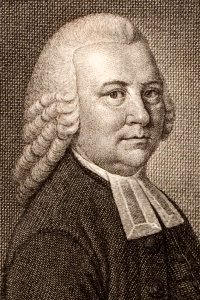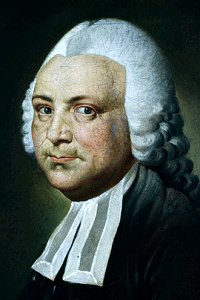Introduction

Born: October 24, 1727, Seelow, Brandenburg, Germany.
Died: December 14, 1787, Magdeburg, Germany.


Born: October 24, 1727, Seelow, Brandenburg, Germany.
Died: December 14, 1787, Magdeburg, Germany.

Patzke was the son of an excise officer in Frankfurt an der Oder.
He studied theology at the University of Frankfurt (1748–51), in Halle.
After completing his studies, he returned to Frankfurt and tried to keep himself afloat with literary work and translations, as he was unable to get a pastor’s position.
Through the mediation of Berlin court preacher August Friedrich Sack, he was entrusted with the parish in Stolzenburg (now Stolec, Dobra, Poland) by the Margrave of Schwedt in September 1755.
There he married a Miss Gross, May 3, 1758. They moved to Liezen, Austria, in 1759.
In August 1761, Patzke became the second preacher at the Heiliggeistkirche in Magdeburg (building was demolished in 1959).
Attempts to get a preaching position in Copenhagen or to succeed the late Provost Reinhard Bake at the monastery of Unser Lieben Frauen failed.
In addition to his church duties, Patzke devoted himself increasingly to literary work in the following years, and developed an acquaintance with bookseller and publisher Friedrich Nicolai.
Another focus of his work was journalism, which began with the foundation of the moral weekly Der Greis (1763–65).
In 1771, he founded the magazine Der Wohltäter (1772–73), and another titled Wöchentliche Unterhaltungen (1777–79). Both were published by Faber-Verlag in Magdeburg.
Patzke was an important lyricist for Magdeburg musician and composer Johann Heinrich Rolle, and provided many templates for his compositions. The two enjoyed a close friendship for many years.
Patzke was a co-founder of the Gelehrten Club, also known as the Magdeburger Mittwochs Ggesellschaft, where citizens interested in literature met with poets such as Friedrich Klopstock, Johann Wilhelm Ludwig Gleim, and others.
Patzke had a good reputation as a preacher in Magdeburg. The Heiliggeistkirche was always well attended on Sundays, and his friends wrote on his tombstone: War wirksam für Religion, Aufklärung und Menschenwohl (Was effective for religion, enlightenment and human welfare
).
His sermons were printed in several volumes. His other works include a translation of Tacitus, co-edited with cathedral school rector Johann Eustachius Goldhagen.
If you know Patzke’s burial place,